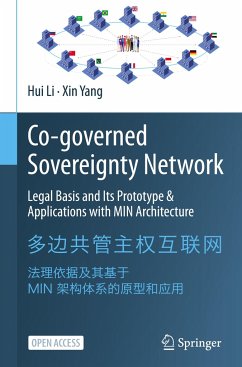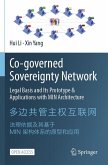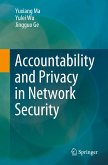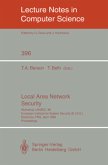This open access book introduces MIN, a novel networking architecture to implement the sovereign equality of all countries in the cyberspace. Combining legal theory and network technology, it first discusses the historical development of sovereignty and expounds the legal basis of cyberspace sovereignty. Then, based on the high-performance blockchain, it describes a new network architecture designed to implement co-governance at the technical level.
Explaining network sovereignty and including rich illustrations and tables, the book helps readers new to the field grasp the evolution and necessity of cyberspace sovereignty, gain insights into network trends and develop a preliminary understanding of complex network technologies such as blockchain, security mechanisms and routing strategies.
The MIN network implements the "four principles" of cyberspace adopted by most nations and people: respecting cyber sovereignty; maintaining peace and protection; promoting opennessand cooperation; and building good order to provide network system security.
There maybe three scales of application scenario for MIN, the big one is for UN of Cyberspace, the middle one is for Smart city, the small one is for enterprise group or organizations as private network, MIN-VPN. We have developed the product of MIN-VPN, you could find its message on the preface if care about the security of your network.
Explaining network sovereignty and including rich illustrations and tables, the book helps readers new to the field grasp the evolution and necessity of cyberspace sovereignty, gain insights into network trends and develop a preliminary understanding of complex network technologies such as blockchain, security mechanisms and routing strategies.
The MIN network implements the "four principles" of cyberspace adopted by most nations and people: respecting cyber sovereignty; maintaining peace and protection; promoting opennessand cooperation; and building good order to provide network system security.
There maybe three scales of application scenario for MIN, the big one is for UN of Cyberspace, the middle one is for Smart city, the small one is for enterprise group or organizations as private network, MIN-VPN. We have developed the product of MIN-VPN, you could find its message on the preface if care about the security of your network.








